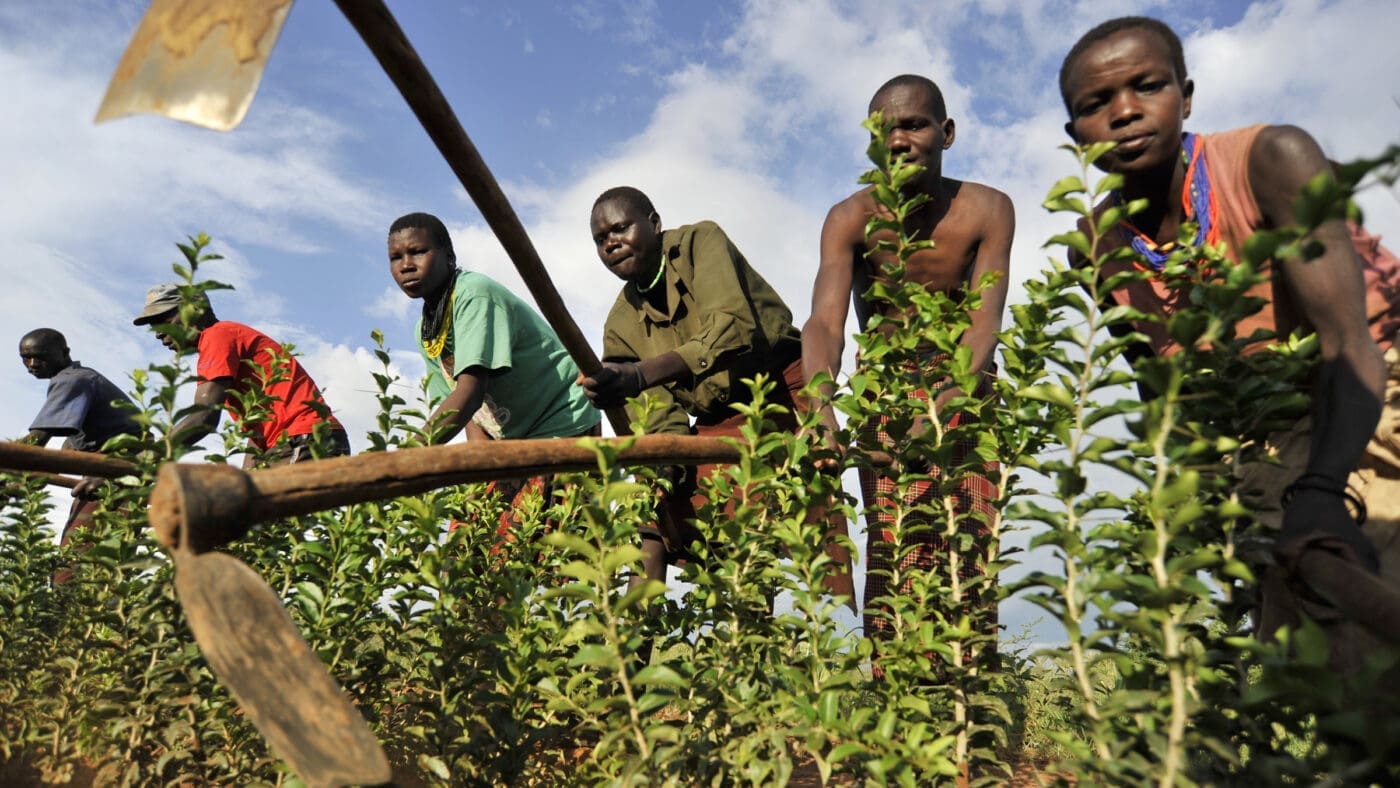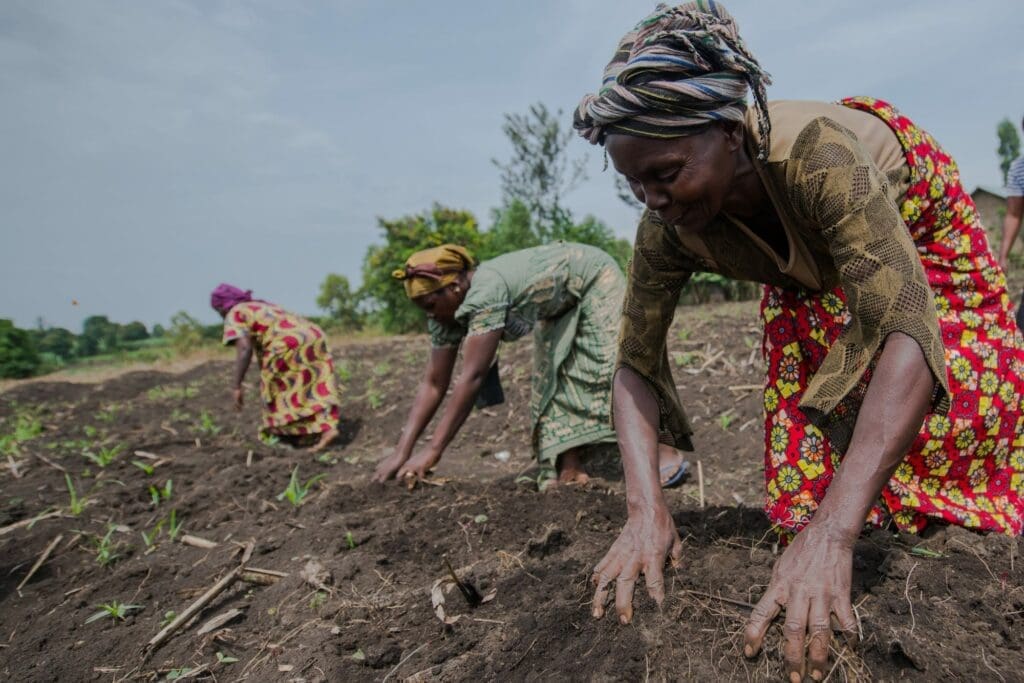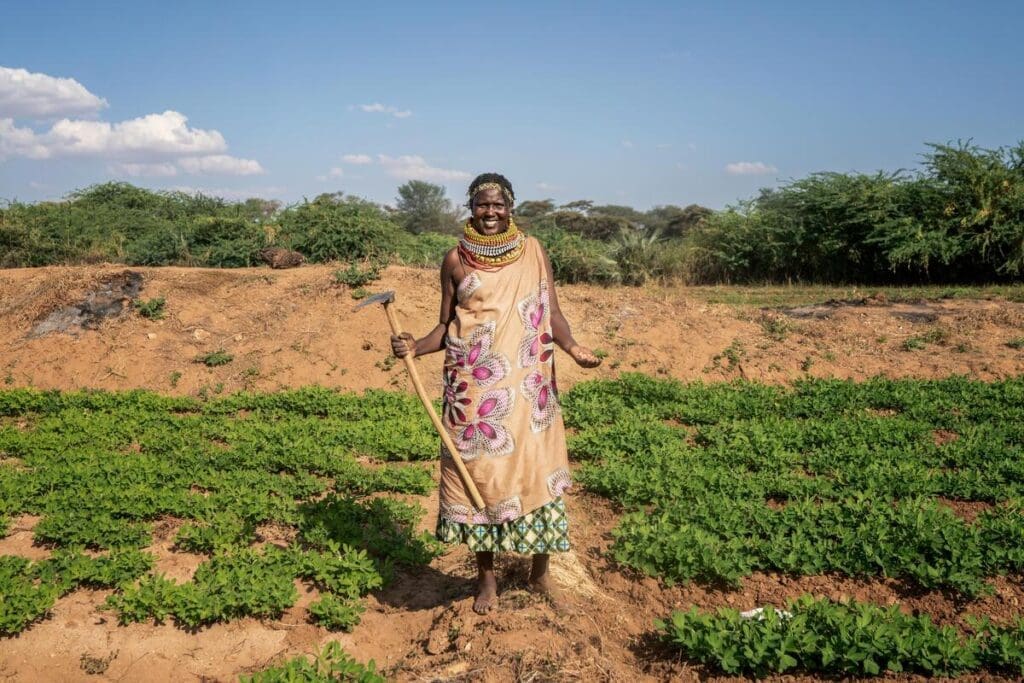
Small-Scale Farmers
WFP connects farmers to resources and local markets, improving agricultural production, harvesting hope for the future and transforming lives.
Over 50% of the world’s hungry are rural farmers who tend fields of five acres or less.
Over a pilot period of 5 years, WFP established relationships with 1M farmers.
In 2020, WFP provided agricultural support to small-scale farmers in 35 countries.
Small-Scale Farmers are hungry
One of the cruelest ironies of hunger is its disproportionate impact on small-scale farmers—the very same people who grow food for a living.
More than half of the world’s hungry people are farmers in rural areas who tend fields of five acres or less.
Without access to basic resources like fertilizer and farming equipment, these farmers miss out on economic opportunities.


Investing in local farmers
Through its Purchase for Progress initiative, WFP provides small-scale farmers with the training and tools they need to grow their businesses. WFP shares critical expertise in areas like improving production, reducing post-harvest loss, developing business skills and expanding access to financial tools. Investing in this kind of local knowledge helps improve the lives of individuals, families and whole communities.
Whenever possible, WFP also buys excess crops from small-scale farmers and has become one of the world’s largest buyers of food. In fact, more than 80 percent of WFP’s food is purchased in developing countries. Buying locally means WFP can distribute food more quickly to communities in need while saving time and money on transportation and storage.
Over a five-year pilot period, WFP established relationships with more than 1 million small-scale farmers across 20 countries and is currently working to expand to more countries around the globe.
Your support can help improve agricultural production and harvest hope for the future.
Help Change Lives Today
By donating to WFP, you can help small-scale farmers access the tools and skills they need to feed themselves and their communities.